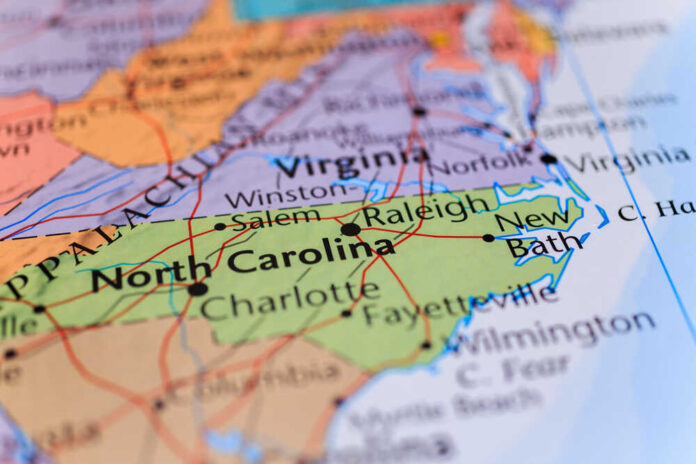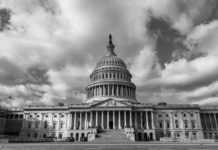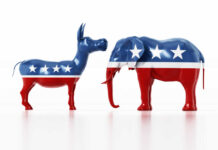
North Carolina Gov. Roy Cooper (D) vetoed a number of Republican-driven pieces of legislation regarding social issues. Despite the governor’s veto, Republicans likely have the votes to override the veto and enact the LGBT-related bills into law.
The legislature passed three bills related to LGBT issues. The first would require schools to notify parents in the district should their children decide to change their name or preferred pronouns and the bill would also bar discussion regarding LGBT issues through elementary school.
The governor said that the “rights of parents” were already included in North Carolina state law, “so instead of burdening schools with their political culture wars, legislators should help them with better teaching pay and more investments in students.”
The second bill barred the use of gender transition procedures for minors. This proposed bill would bar the use of gender transition surgeries or the use of puberty blockers.
The third vetoed bill would forbid biological males from playing on female teams.
State Sen. Vickie Sawyer (R) said that the governor “has no interest in supporting female athletes, only his far-left donors that want to erase women by refusing to acknowledge biology.”
Despite the veto, Republicans have a veto-proof majority in both houses of the state legislature.
Republicans in the state legislature overrode several bills vetoed by Cooper in recent months.
Last month, the legislature overrode Cooper’s veto regarding a ban on environmental, social and governance (ESG) investing for use in North Carolina’s pension fund. The Tar Heel state joined about a dozen other states in limiting the practice.
North Carolina lawmakers override veto of 12-week abortion ban, making it a law, a US judge is set to formally give life sentence an Uzbek man convicted of killing eight people and injuring dozens in a 2017 attack in New York City, and more. 5⃣ stories you need to know pic.twitter.com/7e1W9uqiIS
— Reuters (@Reuters) May 17, 2023
In May, the state legislature overturned the governor’s veto regarding a 12-week abortion ban.
North Carolina lawmakers override veto of 12-week abortion ban, making it a law, a US judge is set to formally give life sentence an Uzbek man convicted of killing eight people and injuring dozens in a 2017 attack in New York City, and more. 5⃣ stories you need to know pic.twitter.com/7e1W9uqiIS
— Reuters (@Reuters) May 17, 2023
The changes coincided with a high-profile party defection. State Rep. Tricia Cotham (R) switched from the Democratic Party to the Republican Party, allowing the latter a veto-proof majority in the state General Assembly.
“The party that best represents me and my principles and what’s best for North Carolina is the Republican Party,” she said in April.
North Carolina’s Democratic Party Chair Anderson Clayton called the move a “deceit of the highest order.”










